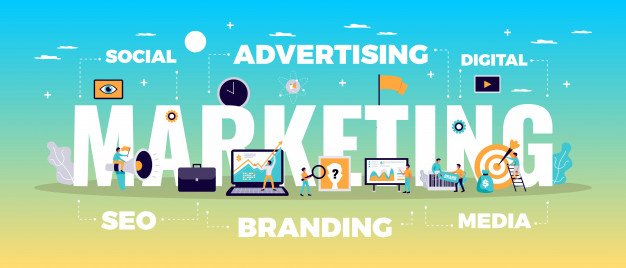Marketing is a competitive field, and if you want to start your own agency, you need to make sure you have the right stuff to compete. There’s a lot of stuff to consider when starting your own firm. For instance, what services will you offer? What type of businesses will you cater to? Will you build your own website or outsource it? What sort of marketing agency hosting will you use?
What to Consider When Starting A Marketing Agency
It seems like a lot, doesn’t it? For this reason, we’ve created a simple guide to help you get started building your marketing agency. Read on to learn what you need to get started:
To begin with, you need to make sure you have the right stuff to run an agency. To start a marketing firm, you should be adaptable, have a desire to learn, and amazing communication skills. Next, you need to decide what is going to set your agency apart from your industry competitors.
The best way to figure out what will make your marketing firm unique is to start by asking yourself some questions:
1. What can you specialize in?
Some services your agency can specialize in are:
- Search engine optimization (SEO)
- Email Marketing
- Content Marketing
- Pay-per-click (PPC) advertising
- Event Marketing
- Guest Blogging
2. Will you specialize in more than one thing?
It’s a good idea to start small and specialize in one or two services; however, the more services you offer to clients, the more desirable your agency will be to potential customers. This is because people tend to like to be able to get all their needs met in one place.
Utilizing marketing automation solutions could make it simple for you to provide a variety of marketing services to your customers. All-in-one marketing tools like digital marketing software for agencies will also enable your staff to perform more effectively and successfully.
3. Will you cater to B2B companies or B2C companies?
B2B is short for business-to-business. It refers to companies that sell products or services to other companies.
B2C is short for business-to-consumer. It refers to companies that sell products or services directly to consumers.
Once you’ve figured out what services you’re going to offer and what type of businesses you’ll cater to, it’s time to identify who your target market will be. Ask yourself:
4. What market are your competitors targeting? Who are their customers?
You don’t want to go after the same market as your competitor, or the same customers when you’re first starting. For instance, if your competitors have lots of eCommerce clients, you may want to choose a more underserved market like real estate.
5. What specific demographics can you target?
It’s important to know not only who needs your service but also who is most likely to buy it. Consider the following factors:
- Age
- Location
- Gender
- Income level
- Education level
- Occupation
- Ethnic background.
Now that you know what services you’re selling and who you’re selling them to, its time to write a business plan. Your business plan should have several components:
- The goals for your business.
- Predictions for your finances and cashflow.
- Forecast for your business activity.
- Outline of which revenue stream(s) you’ll utilize.
- Description of your target audience and how you intend to reach them.
Finally, we arrive at the last part: finding clients. You may feel like the best thing to do is to get as many new clients as quickly as possible. Instead, it would help if you focused on retaining clients. It is much harder and more expensive to acquire new clients, then it is to keep existing clients. So how can your marketing agency find and retain clients?
Find clients by:
1. Networking
Networking can be done by attending industry events, trade shows, and conferences, participating in networking sessions, posting and sharing content on social media, participating in LinkedIn groups and discussions, as well as sharing information on relevant business forums.
2. Offer Free Trials
Free is a golden ticket word for most people. Offering your agency’s services for free will help you build a portfolio while showing potential clients what you can do.
3. Referrals
Once you’ve acquired some clients, use them to expand your client base by asking if their customers or suppliers need your services and letting them know that your firm is available.
4. Promotion
Create a website, use social media, and design promotional material to market your marketing services.
Retain clients by:
1. Making sure everything your firm does is client-focused.
2. Document all your work and file reports.
3. Keep abreast of the latest changes and innovations in the industry.
4. Approach your work with creativity.
Read Also:





















